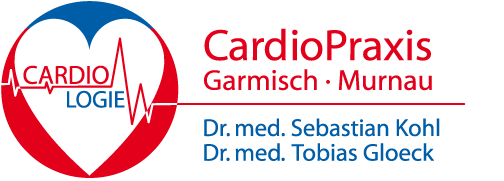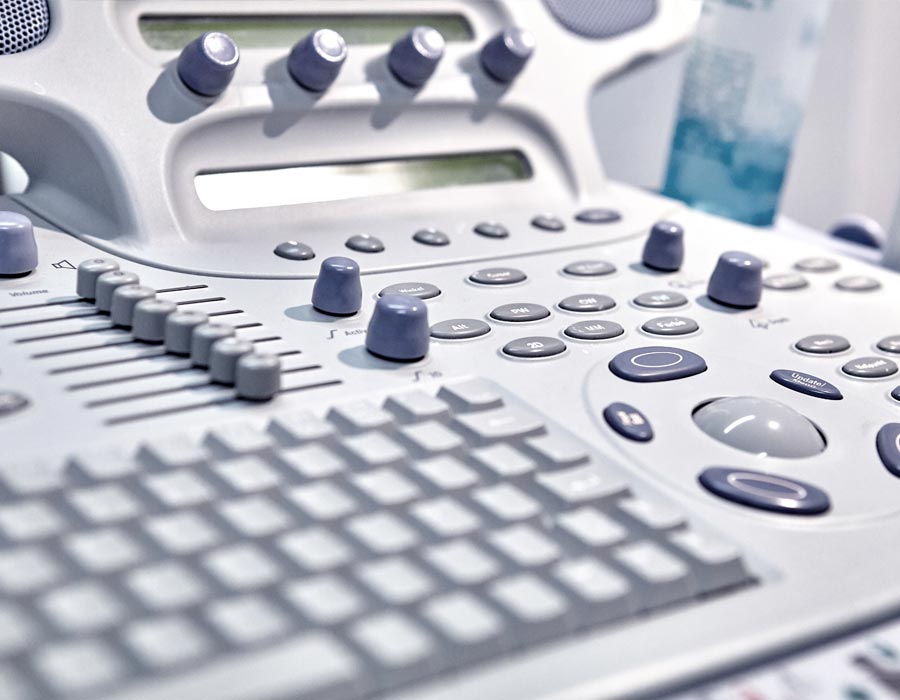An ultrasound examination of the heart via the esophagus.
In transesophageal echocardiography a special probe containing an ultrasound transducer is inserted into the esophagus, in a procedure similar to that used in gastroscopy. This enables us to look at certain sections of the heart more closely than when using conventional echocardiography. A transesophageal echocardiography test is used mainly to search the atria for blood clots, for example when trying to establish the cause of a stroke, investigating acute peripheral artery occlusion, or before electrical cardioversion, for example in cases of atrial fibrillation. The TEE test also makes it possible to assess disease of the heart valves and the aorta with greater certainty.


